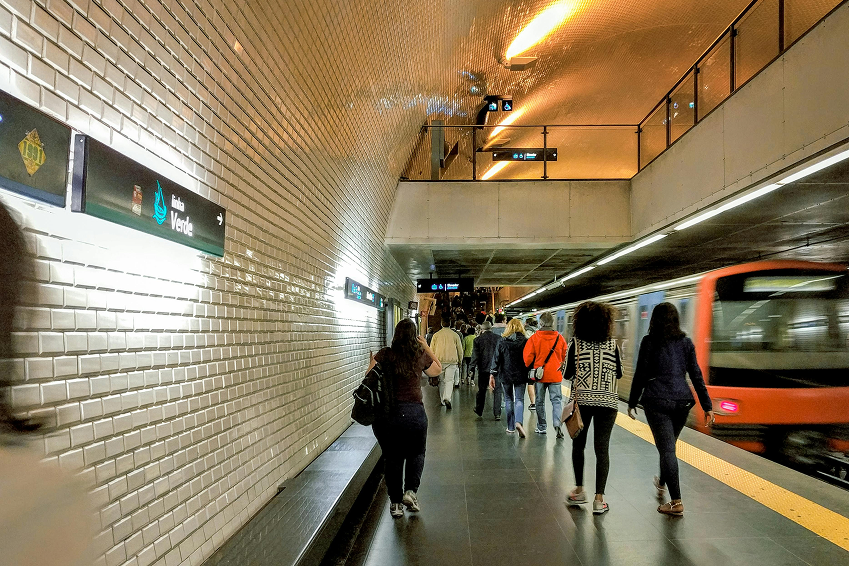Index
Receive our newsletter
The high demand and steep prices in the housing market can make apartment hunting in a major city like London quite challenging. The British capital is one of the most expensive cities in the world for renting, with prices varying depending on location, type of accommodation, and proximity to key areas such as the city center, universities, or financial districts. According to recent data, the average rent in central London is around €3,795 per month, while in the outskirts, it’s about €2,797. Additionally, the supply of housing has not kept up with increasing demand, making the market even more competitive.
Another factor to consider is the impact of Brexit and the post-pandemic economic recovery, which have affected both housing supply and demand in the city. A decline in the number of landlords renting out properties, combined with the rising cost of living, has made finding affordable housing even more difficult. Despite these challenges, with proper preparation and a well-defined strategy, it is possible to find a home that meets your needs.
Define your needs and budget
Before starting your search, it's crucial to clarify your priorities:
- Type of accommodation: Decide whether you prefer a studio, a one- or two-bedroom apartment, or a shared flat. Sharing a home can be a more affordable option and a great way to meet new people.
- Budget: Set a realistic budget for your monthly rent, taking into account other expenses such as utility bills and transportation costs.
Research London’s neighborhoods
London is a vast city with a wide variety of neighborhoods. When choosing an area, consider:
- Proximity to work or school: Living close to your workplace or university can save you both time and money on transportation.
- Amenities and services: Research the availability of supermarkets, healthcare centers, parks, and other essential facilities in the area.
- Safety: Check crime rates and read reviews from residents to ensure the area is safe.
Be cautious and avoid scams
London’s competitive housing market can attract scammers. To protect yourself:
- Be wary of deals that seem too good to be true: If a rental price is significantly lower than similar properties in the same area, it could be a scam.
- Never pay upfront without visiting the property: Always view the apartment in person before making any payments.
- Verify the landlord or agent's identity: Request documentation and confirm that the person you’re dealing with is legitimate. Always communicate through secure channels.
Consider additional costs
Besides the monthly rent, factor in other expenses that may increase your overall living costs:
- Security deposit: Usually equivalent to five weeks’ rent.
- Utility bills: Check whether the rent includes expenses such as electricity, gas, water, and internet.
- Council Tax: This varies depending on the borough and the property’s value.
- Transportation: London’s Oyster Card or Travelcard is essential for getting around the city. A monthly pass for zones 1-2 costs around £160 (€190), while for outer zones it can exceed £250 (€300).
Act quickly
London’s real estate market moves fast, and apartments can be rented out within hours. If you find a property that fits your needs and budget:
- Schedule a viewing as soon as possible: Being flexible with viewing times can give you an advantage.
- Have your documents ready: Landlords may require employment references, proof of income, and identification documents to secure the property.
Carefully read the rental contract
Before signing:
- Review all clauses: Ensure you understand your rights and responsibilities as a tenant.
- Check the contract length and renewal terms: Some contracts have specific conditions regarding lease termination or extensions.
- Ask about policies on pets, subletting, and other restrictions: It’s important to be aware of all rules before committing.
Finding an apartment in London requires time, research, and organization, but by following these tips, you’ll be better prepared to navigate the city’s competitive housing market and secure a home that meets your needs.








